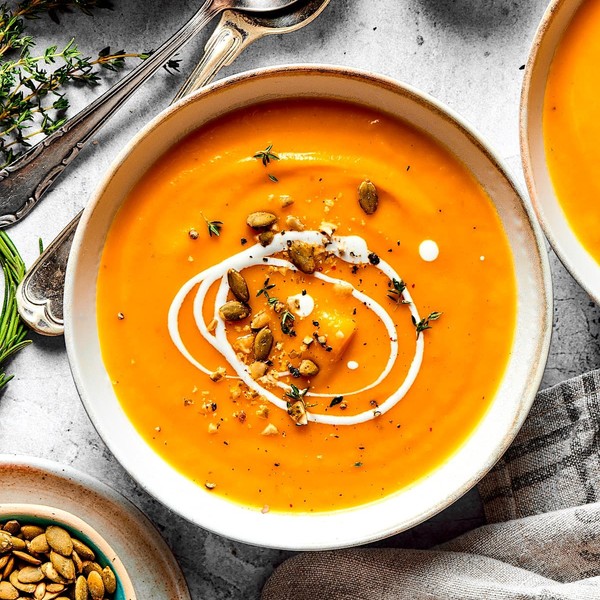Your Birth Order Might Have a Huge Impact on Your Weight

With it being New Year’s resolution time and all, lots of us are marking our calendars with times to go to the gym (and times to avoid the gym at all costs), shelling out money for new workout gear and even revamping our grocery lists to be more health conscious. Yes, clean eating and exercise go a long way to help you maintain your fitness, but according to a new study, your weight might be impacted by something that is entirely outside of your control — your birth order.
The Swedish and New Zealand study looked at 13,500 pairs of sisters and found that older sisters have a 29 percent higher chance of being overweight with a staggering 40 percent likelihood of being obese. Yikes. The study looked at sisters from their birth weight all the way to their weight at the time of their first pregnancies and it found some surprising trends. On average, older sisters were likely born weighing a little less than their younger sisters, but researchers found in the first trimester of their pregnancies, the older sisters had an average BMI of 24.4. Younger sisters had an average of 23.8 BMI. According to the scientists, this seemingly marginal difference is actually statistically significant in the grand scale of the study.
Why though? Theories the researchers have proposed included favoritism. The firstborn often received more food and meticulous attention when very young, and such eating habits might be hard to break. Another suggestion, however, goes back to the womb — the placenta specifically. The theory posits that first time mothers might have narrower blood vessels leading to their placentas, which then reduces the supply of nutrients that goes to the baby. Consequently, this time in utero “reprograms the regulation of fat and glucose, so that in later life, the individual is at risk of storing more fat and having insulin that works less effectively,” says Dr. Wayne Cutfield, senior author of the study and a professor of endocrinology at the University of Auckland in New Zealand, which kind of explains the lower average birth weight too.
But hey, older sisses, don’t get glum. Studies have also shown that older siblings have a higher IQ too. So there’s that. Either way, don’t let where you fall on your family tree define you. You do you, girl.
What do you think about this study? Tweet us @BritandCo!
(Photo via Getty)











